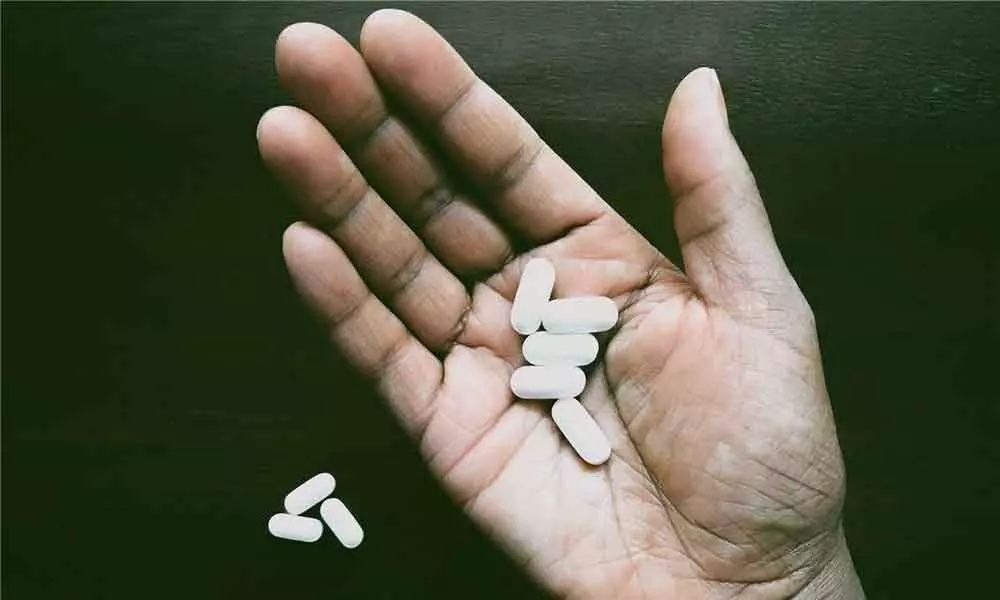Tweets could reveal impact of anti-depressant drugs

Tweets could reveal impact of anti-depressant drugs
The study by researchers of the Research Programme on Biomedical Informatics (GRIB) from Universitat Pompeu Fabra (UPF) and Hospital del Mar Medical Research Institute (IMIM) in Barcelona
The study by researchers of the Research Programme on Biomedical Informatics (GRIB) from Universitat Pompeu Fabra (UPF) and Hospital del Mar Medical Research Institute (IMIM) in Barcelona, Spain, have identified behavioural and linguistic changes in tweets in Spanish published by users suffering from depression and who are taking medication to treat this disease.
They focused on the changes in the features of the messages that may be associated with treatment with anti-depressant drugs.
The most notable results revealed that during periods in which users said they were receiving anti-depressant drug treatment, their Twitter activity increased with longer messages but posting fewer messages at night, according to the study published in the Journal of Medical Internet Research.
They also interacted more with other users (for example, through an increase in number of mentions per tweet, which may reflect an interest in interacting with other people) and also an increase in positive emotions related to happiness and surprise.
"We can state that the behavioural patterns of people who are on treatment with anti-depressant drugs change and tend to resemble those of people who do not suffer from depression," said Angela Leis from the Research Programme on Biomedical Informatics.
Depression is one of the most widespread mental illnesses. According to the World Health Organization (WHO), it affects more than 322 million people of all age groups and is one of the leading causes of disability worldwide.
The possibility of analysing massive data shared on social networks provides new opportunities to understand the behaviour of their users better.
In this study, using Big Data and text mining, the scientists analysed tweets by users who mentioned they were taking drugs for the treatment of depressive disorders.
The main goal was to detect the effects of this medication through changes in the language used in their tweets or in the way these people used Twitter.
There are various types of anti-depressant drugs and this study focused specifically on selective serotonin reuptake inhibitors, which are the most commonly prescribed drug for treating depression.













